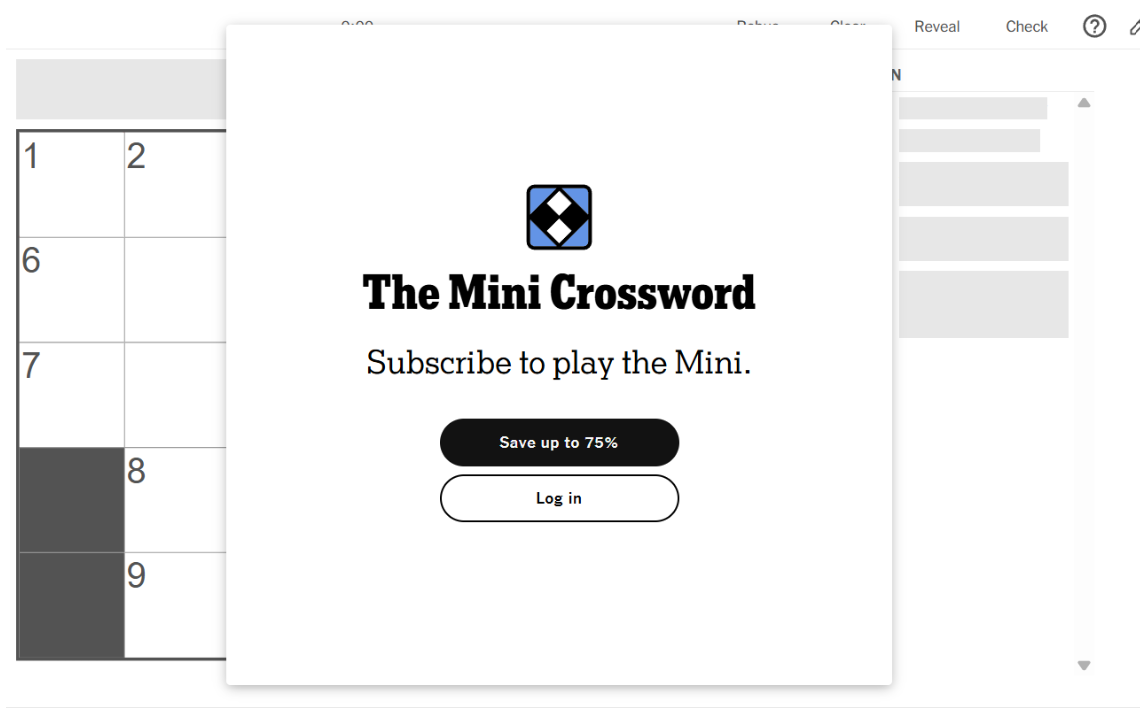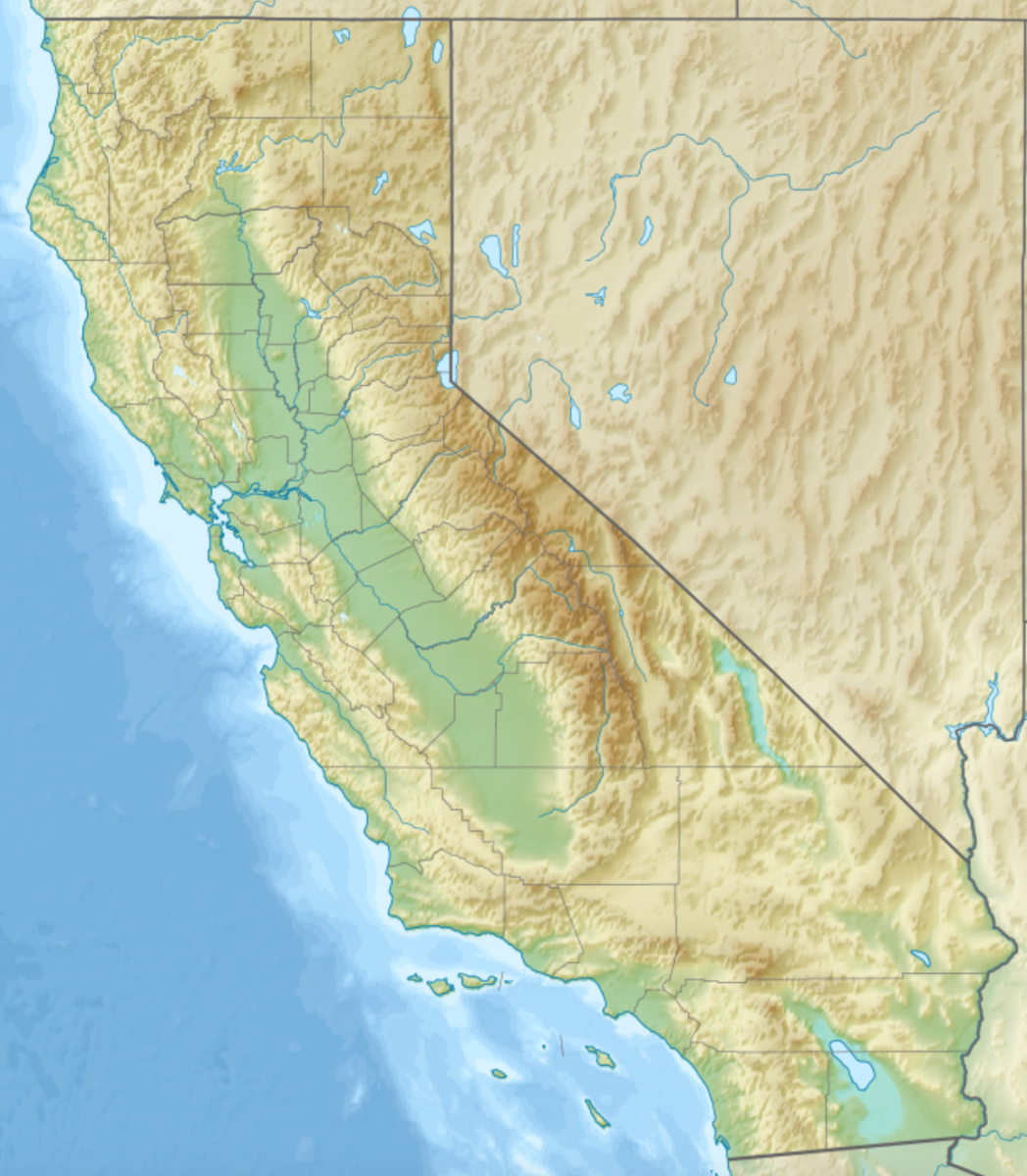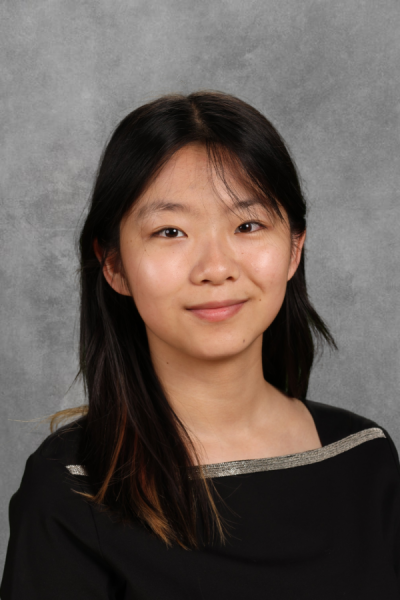With course selection nearing, it’s common to freak out when you have no idea what your desired (or not desired) AP course is actually like. You might find yourself asking: What happens in class? Is there any possible advice I can get without having to socialize? Well, you’ve come to the right place! We sent out a poll to your fellow Bobcats asking about their experiences based on the AP exams they are taking or have taken in the past, to which we got a multitude of responses. Here are the (STEM) AP exams from the perspectives of students:
AP Biology
(Pre Requisite: Honors Biology)
Considering taking this seemingly easy AP? Well, don’t be fooled by the familiar course outline. AP Biology takes a deep dive into ecology, molecular biology, cellular respiration, and an all-time favorite, evolution. Though these topics may seem intuitive, there are copious amounts of vocabulary to memorize as well as a decent amount of workload provided in this class. Current AP Biology students get thick review packets to fill in called “biozones” (you may already know this from students’ constant complaints). Here are a couple of useful tips provided from the polls: “Do not procrastinate on your biozones,” “Watch YouTube videos if you don’t understand,” and “Have fun with memorization because that’s all it is.”
AP Calculus AB
(Pre Requisite: Pre-Calculus AB/B)
The general student advice on AP Calculus AB is to complete assignments on time! Because this class is a cumulative, information-based one, it’s important to correct and go through all the problems that you don’t understand, especially Riemann sums! The class is said to start with harder lessons and become easier as the AP review week approaches. The structure of the class is generally homework corrections, a lecture, and time to work on the homework in class. The high curve on the AP also provides a good safety net. While it is usually counted as one of the harder APs, BISV’s numerous preceding math courses (including Precalculus and Algebra 2) provide a good base for your math knowledge. Current students at BISV have rated it as having average difficulty.
AP Calculus BC
(Pre Requisite: AP Calculus AB)
As half of the information is already covered in Calc AB, the class will be very familiar (and fairly easy for most) for the first half of the year. However, the second half of the class introduces some new concepts, so be sure to pay attention! More precalculus ideas are relevant than in AP Calculus AB; trigonometry and polar equations are mentioned again. The class is structured very similarly to AP Calculus AB and is considered a little easier due to all of the students having already taken Calculus AB. Note that not all AP Calculus AB students find BC easier as there are still new concepts to learn but with the right mindset and dedication towards math, anyone can excel in math.
AP Chemistry
(Pre Requisite: Honors Chemistry)
Interested in chemistry? While this class may seem intimidating, poll results show that this is a pretty riveting and engaging class. Some key points indicated by the polls were to pay attention and study the topics, as you should for any AP exam! Here are some peer responses: “You’ll probably be fine as long as you pay attention. I did not pay attention,” “You need to study. This class became my easiest AP in 11th grade in T3. In the beginning, I would get 6/15 on almost every quiz HAHA. Just doing the homework, taking notes, and showing up to OH [office hours] would guarantee a 5 on this exam. Practice all the past FRQs too.” Along with studying, make sure you don’t compare yourself to your fellow peers who may be doing better than you at the time or seem to have a better grasp on the concepts taught in class. The peer of yours could have been at BASIS for middle school and would have therefore had the advantage of 3 extra years of physics, chemistry, and biology. Next time you think you’re not performing well in a class, take a deep breath and remember: the only progress that matters is that you are better than your past self– so don’t stress out if you didn’t get an A on a test as improvement comes from change not comparison!
AP Computer Science A
(Pre Requisite: Introduction to Programming)
Ah yes, the field of CS—one of the most applied majors due to the surge of AI; however, don’t be intimidated by the competition in this field! Speaking from personal experience, either a background in Java or the previous Intro to Programming class will be extremely beneficial. As a tip from Ms. Bhattacharya, once you have completed the Intro to Programming prerequisite and are looking to take this AP, make sure not to take a gap year as you may forget crucial concepts that will be built upon. Poll results share: “ For AP Computer Science A, for the MCQs, just practice tracing code through online practice tests, and for the FRQ, make sure to stay organized,” “Taking notes and grinding out practice is how I studied. Also just going over every FRQ and learning what lines of code will gain you points is helpful.”
AP Computer Science Principles
This class covers interesting basic computer concepts. It builds upon the concepts taught in Intro to Programming and is mainly theory-based instead of programming-based (unlike AP CS A). Poll results state, “The concepts are actually pretty interesting and the class isn’t very hard, just remember to turn in your homework!” Make sure to turn in in-class assignments on and hurry when preparing presentations; Canva can be a very useful tool to make these projects look good in a short timeframe. This class is usually taken before AP CSA at other schools; thus, it is considered to be easier than AP CSA.
AP Macroeconomics, AP Microeconomics
AP Macroeconomics and Microeconomics are condensed into one class at BISV. Overall, this course is harder than it seems; poll takers have claimed that the “in-class exams are hard.” They’ve also told us that it may be “extremely difficult to keep the relationships straight and to wrap your head around some concepts.” The material gets greater in quantity and more confusing towards the very end of the year. However, don’t let this deter you! The higher score out of the two APs will be the one that is incorporated into your grade. Econ is a handy class to take, and it’s quite popular at BISV. (Also, you’ll need an econ class for your econ credit! This class counts for that credit.)
AP Physics 1: Algebra-Based
Did you know this AP is counted as an honors class as well? Allow me to explain. During course selection, you must choose 1 honor and 1 AP class (unless you are an incoming freshman, which then you only choose an honors class), so you could technically (based on your past choices of honors) be taking AP Chemistry and AP Physics 1 at the same time. Student polls have shown that prior knowledge of physics provides benefits to those wishing to take this class as this AP tends to be fast-paced. Thus, lots of self-studying must be done if you are new to physics. But don’t fear! Although you may be tasked with studying the textbook every so often and spending many of your office hours here, practice makes perfect! Remember, no one is perfect at the start. Student feedback of this class states:
“I enjoyed the labs we did in AP Physics as it helped me improve my understanding of physics as they were engaging.”
“AP Physics 1 depends on how well you understand physics. I think people with prior knowledge have a huge advantage in this class since it’s pretty difficult to do well if you come in as someone who’s never done physics before.”
“I thought I wouldn’t like this class but I did yay.”
“Be very careful while answering the questions. They may look easy, but nearly all have some kind of trap. In particular, be aware of what you’re solving for and which values you have been given compared to which ones you actually need to use.”
“Not horrible, the AP is probably easier than the class.”
AP Physics 2: Algebra-Based
(Pre Requisite: AP Physics 1/Honors Physics)
For most BISV students, this class is much more difficult than AP Physics 1. The problems are much more of a hit-or-miss due to the influx of new concepts covered in Physics 2. While AP Physics 1 focuses on mechanics, AP Physics 2 contains fluid dynamics, thermodynamics, electricity & magnetism (more theory-based than AP Physics C), optics, and a brief introduction to quantum physics. While this may seem intimidating, AP Physics 2 is an amazing class for anyone who wants to explore a wide range of topics in physics. This class will definitely help you prepare for AP Physics C, but it’s not strictly mandatory. All the topics are covered again in AP Physics C, but you’ll have an easier time if you take this class. Students in our poll have described the class as a “fun class” with “pretty hard” FRQs, and claim it is “way more difficult than AP Physics 1.” Additional comments include, “Good luck lol.”
AP Physics C: Electricity & Magnetism, AP Physics C: Mechanics
(Pre Requisite: AP Physics 1/AP Physics 2)
This class covers mechanics topics from AP Physics 1 and E&M topics from AP Physics 2. However, both of these types of problems will become more difficult as it includes Calculus concepts (mostly integrals and derivatives). If you take this class without Physics 2 knowledge, it is highly recommended that you don’t miss any days within the first week of the E&M lectures about shell theory; after that, the class will dive into more difficult topics. Both the AP test and the in-class tests have a large curve (50% may be curved to 90%), which acts as a safety net for your score. Just like AP Econ, the higher score out of the two APs will be incorporated into your final grade. The students who take the harder APs with less in-school experience tend to have a stronger grasp on the concepts either taught in middle school or have a deepened interest in a topic so dedicating hours on end during the weekend doesn’t seem like a tedious task to complete. This doesn’t mean you should doubt your intellect– if you have the chance to take higher level APs, make sure to select accommodating courses to not over-cram yourself!
AP Statistics
Do you find graphing interesting? Well, no matter the answer, our student polls say you should take AP statistics as it is one of the most useful APs due to the useful graphing skills and applications to future jobs! Graphs are everywhere, no matter what major you decide to pursue, so having a basic understanding of how these graphs are created and analyzed will undoubtedly be beneficial to your future self. Student polls state:
“OH THIS CLASS. Very different from my previous math class. When they say writing they mean writing. Become very familiar with your graphing calculator. There are many different formulas and terms you have to memorize but it is pretty consistent. I recommend trying to study ahead of the class since there’s a lot of content. AND REMEMBER TO GRAPH OUT STUFF WHEN YOU GET CONFUSED. The FRQs are pretty much the same so be like me and just grind out every FRQ before the exam, it helped a lot.”
“A lot of keeping random formulas straight and knowing what to plug in on a calculator. overall not the most useful.”
“I went into this course not knowing how humanities-flavored this math course was (although I’m personally not complaining), so if you’re looking for a math course that offers a good quantity more of actual math and not analysis, then perhaps don’t take this.”
AP Psychology
Do you like watching mystery movies? Are you eager to find out the causes of certain behaviors, personality traits, or even ways of thought? Then, AP Psychology seems right up your alley. Our student polls suggest that this AP is heavily based on memorizing vocabulary. Studying these words regularly will provide a helpful foundation in class when discussing the inner workings of a certain thought or behavior, as this diction will often come up.
AP Environmental Science
Are you concerned about the effects of global warming on our environment or the evolution of a certain type of species based on its environment? AP Environmental Science will provide you with a deep dive into the wonders of the natural world, with classes taught through activities and fun labs. Our student polls claim this is a relatively easy AP, but like AP Psychology, the memorization of terms will be highly beneficial.
With such advice from our current BISV students in mind, we’d like to wish you good luck in your course selections! While you may be fixed upon taking the most vigorous courses to impress colleges, it’s important to take into consideration your workload. After all, there are only 24 hours in a day, and no matter how much you squeeze your sleep, there’s still only going to be 24 hours. Other possible factors to take into account include college credits and teacher choices for recommendation letters. Think carefully and pick courses that are the most fit for you.
We wish you all the best!

















![Teacher [Milk] Tea: Part 2](https://bisvquill.com/wp-content/uploads/2024/03/Screen-Shot-2024-03-19-at-9.28.48-PM.png)




































